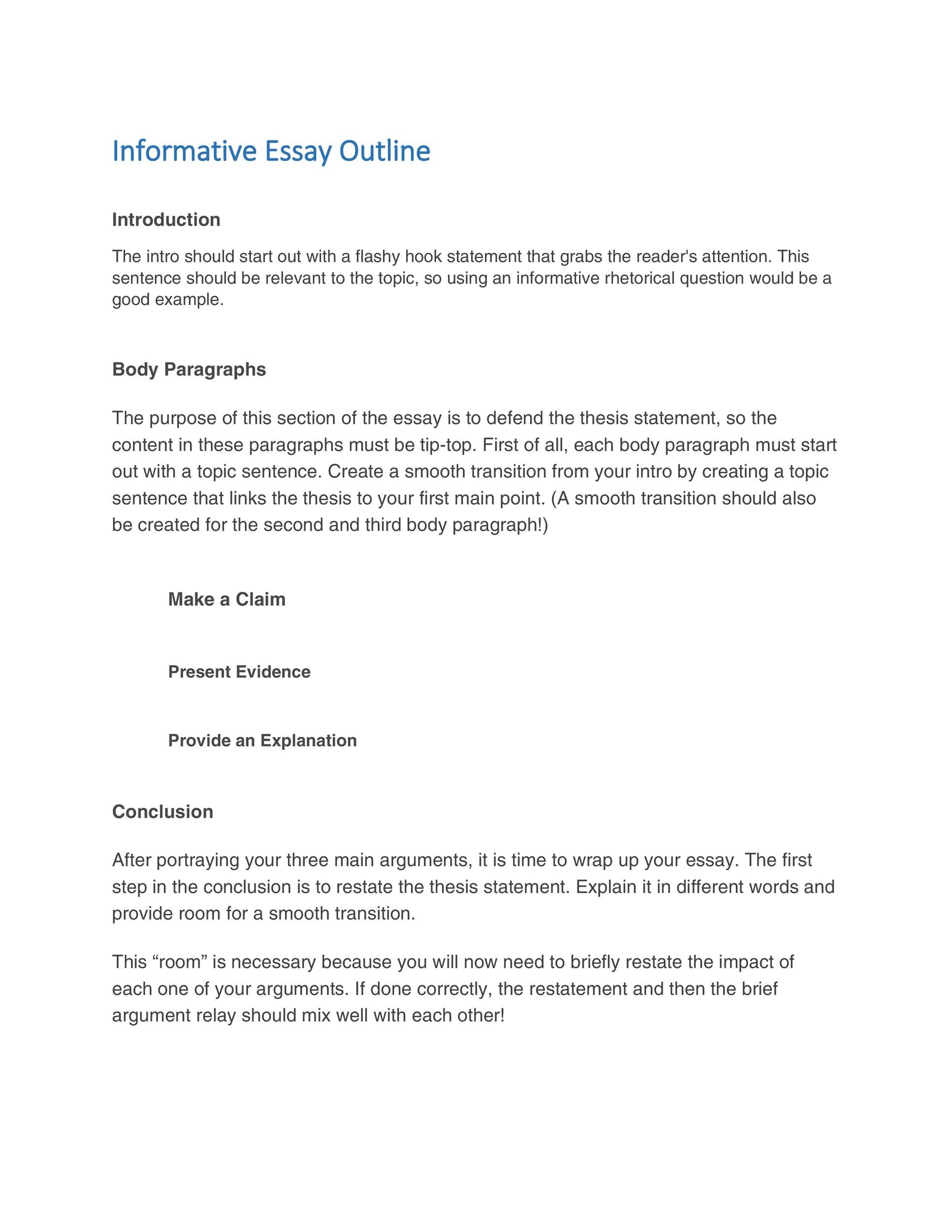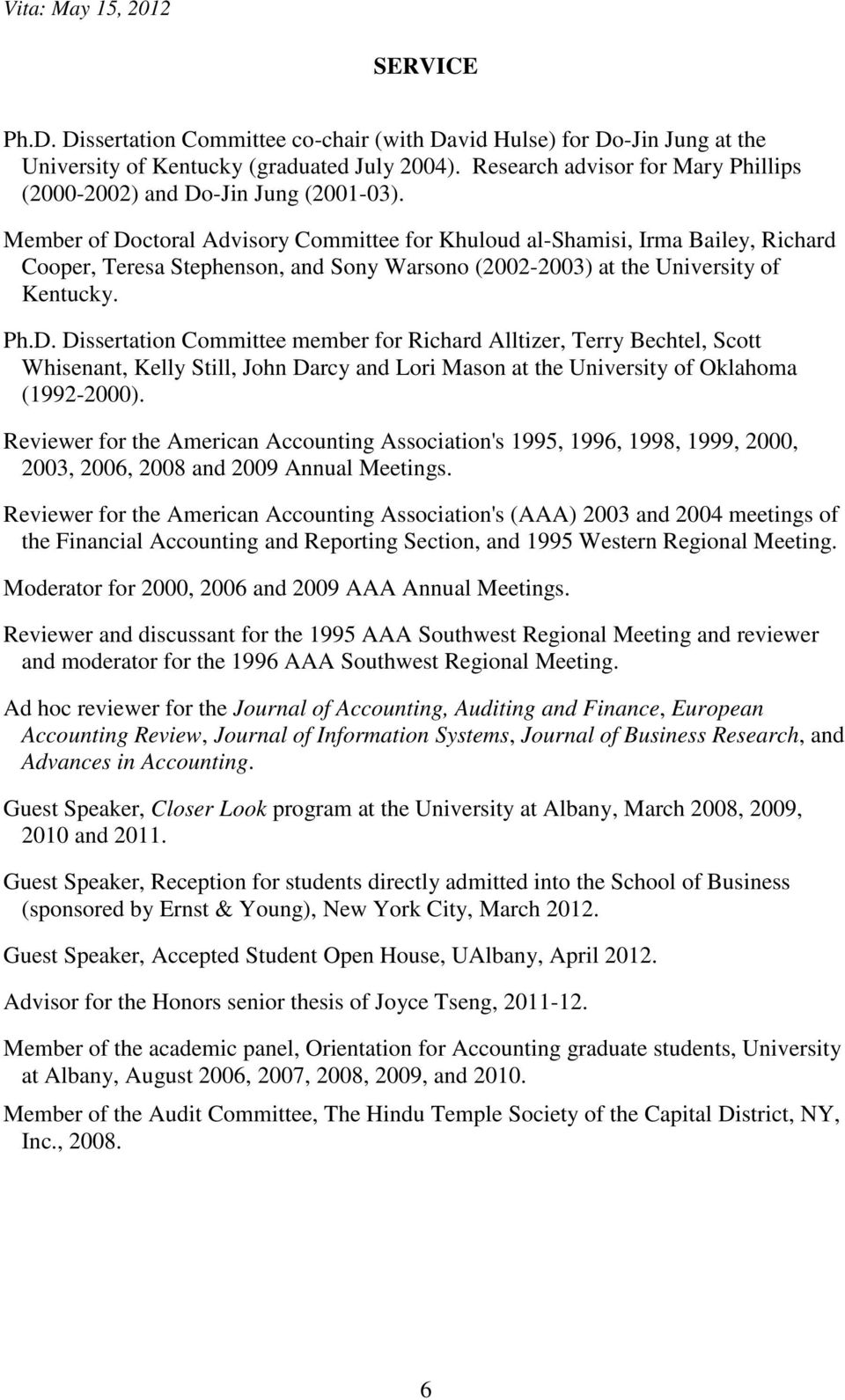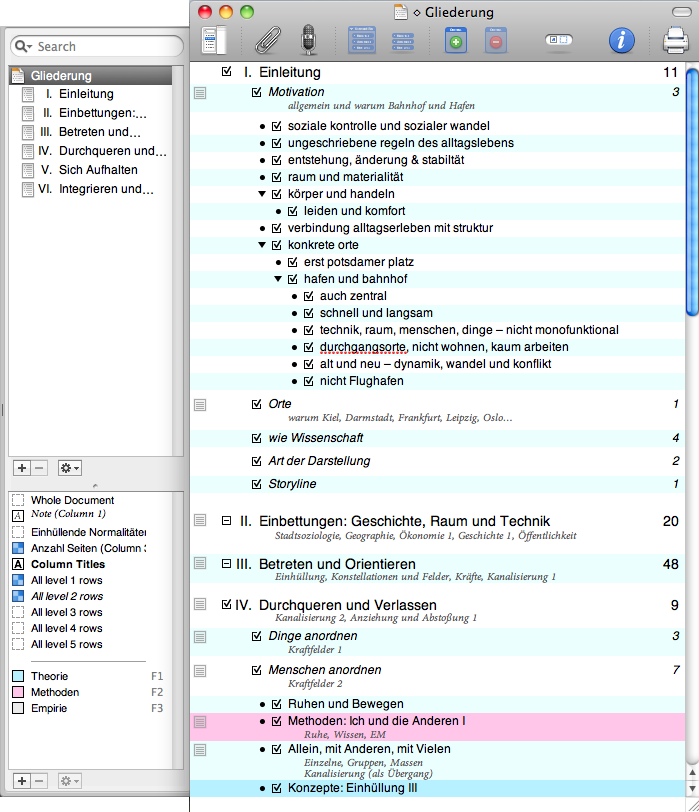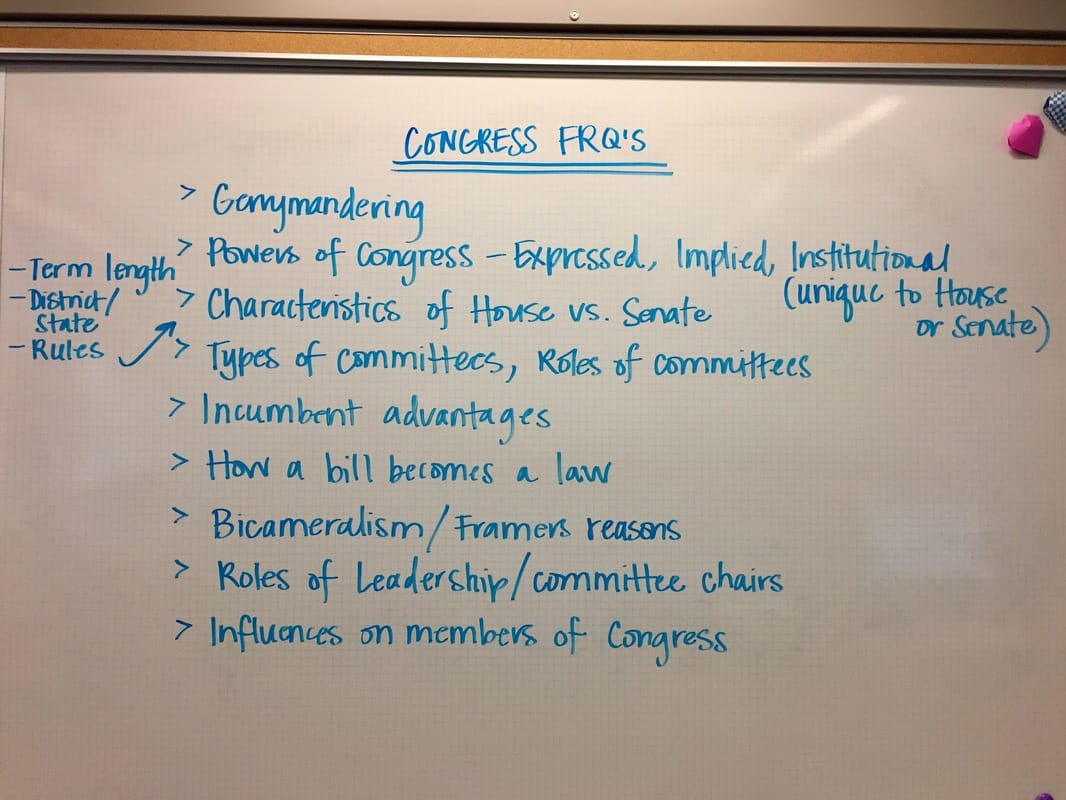John Locke - mind as a tabula rasa.
John Locke in his Essay Concerning Human Understanding restated the importance of the experience of the senses over speculation and sets out the case that the human mind at birth is a complete, but receptive, blank slate ( scraped tablet or tabula rasa ) upon which experience imprints knowledge.
Blake—and to a lesser extent Wordsworth—refutes Locke in his work An Essay Concerning Human Understanding, offering contrasting opinions as to how the self is formed. Locke’s view of the self is rooted in his belief that humans are born into the world as tabula rasa, a blank slate. He believes formation of the self is passive and.

A summary of Introduction in John Locke's Essay Concerning Human Understanding. Learn exactly what happened in this chapter, scene, or section of Essay Concerning Human Understanding and what it means. Perfect for acing essays, tests, and quizzes, as well as for writing lesson plans.

An Essay Concerning Human Understanding Questions and Answers. The Question and Answer section for An Essay Concerning Human Understanding is a great resource to ask questions, find answers, and discuss the novel. Ask Your Own Question.

An essay concerning human understanding is one of the greatest philosophy works: Locke, folllowing, Descartes, described the new world of spirit and consciousness, thaht make human dignity. According to Locke, the understanding is the sign of human superiority over the animals and is comparable to the eye: it makes us see things, but it does.

An essay concerning human understanding John Locke. It has been many years since I pondered and repondered over this volume. Locke is an important figure in the history of Western Philosophy. He is really the founding figure of the great empirical tradition which would go through Hume all the way up to the various analytical philosophies of the twentieth century.

Essay Concerning Human Understanding by John Locke John Locke is one of the influential English philosophers and is best known for his epistemological and political views. He observes knowledge to have begun with simple sense perceptions and combining these in to complex abstract ideas.

John Locke in his Essay concerning Human Understanding restates the importance of the experience of the senses over speculation and sets out the case that the human mind at birth is a complete, but receptive, blank upon which experience imprints knowledge. Locke definitely did not believe in powers of intuition or that the human mind is.

In An Essay Concerning Human Understanding (1689), the English philosopher John Locke tried to come up with a theory of knowledge, that would do away with all earlier attempts of philosophers from the time of Plato onwards to Descartes. This book is a long and dense one, but it is well-structured and written (relatively) approachable for the.

Essay Concerning Human Understanding 1690. Tabula Rasa. This is the idea that reshapes the world and, I will argue this semester, is the basis for most all modern -- and Post Modern -- thought. Yet it is an idea so now familiar to us all (since we are modern thinkers) that it's hard to imagine a world in which most people hadn't thought of.

The Latin translation of his philosophical novel, entitled Philosophus Autodidactus, published by Edward Pococke the Younger in 1671, had an influence on John Locke's formulation of tabula rasa in An Essay Concerning Human Understanding.

Reason (1781), a new theory of knowledge, the Romantics denounced Locke's tabula rasa in Locke's An Essay Concerning Human Understanding (1690). Unlike Locke, Kant treats the mind as active organ. For this reason the Romantics took up Kant's theory and left behind Locke's tabula rasa. This paper (a study) aims to find where Locke’s tabula.

An Essay Concerning Human Understanding is a work by John Locke concerning the foundation of human knowledge and understanding. It first appeared in 1689 (although dated 1690) with the printed title An Essay Concerning Humane Understanding. He describes the mind at birth as a blank slate (tabula rasa, although he did not use those actual words.



